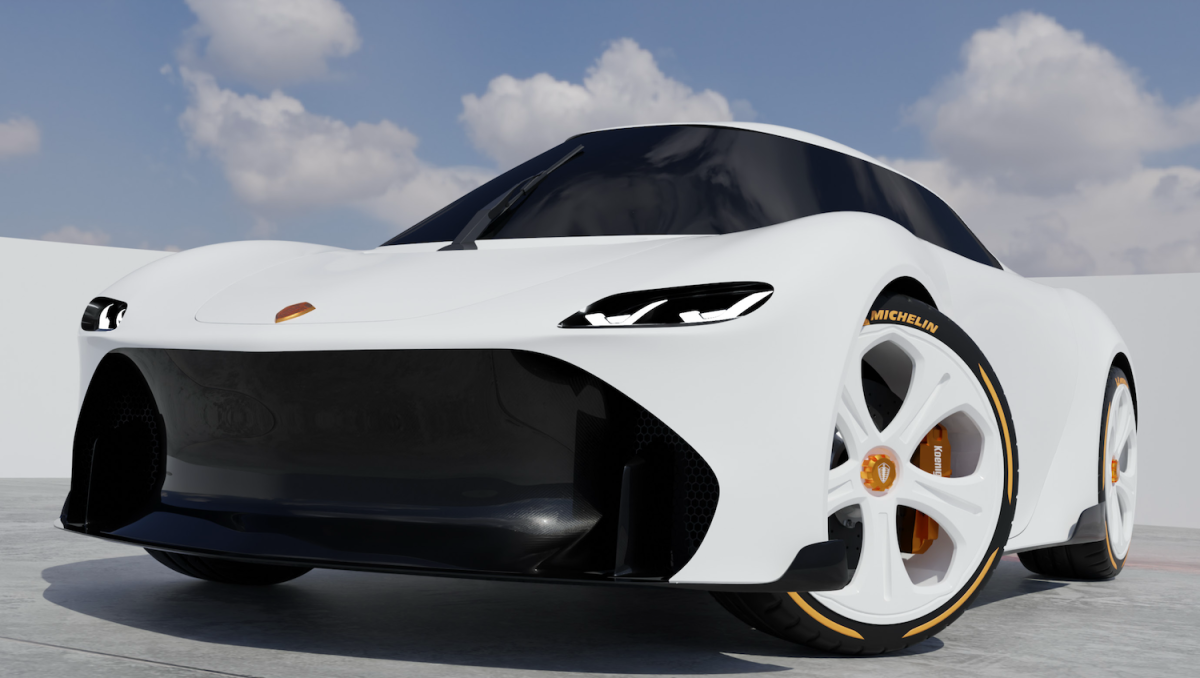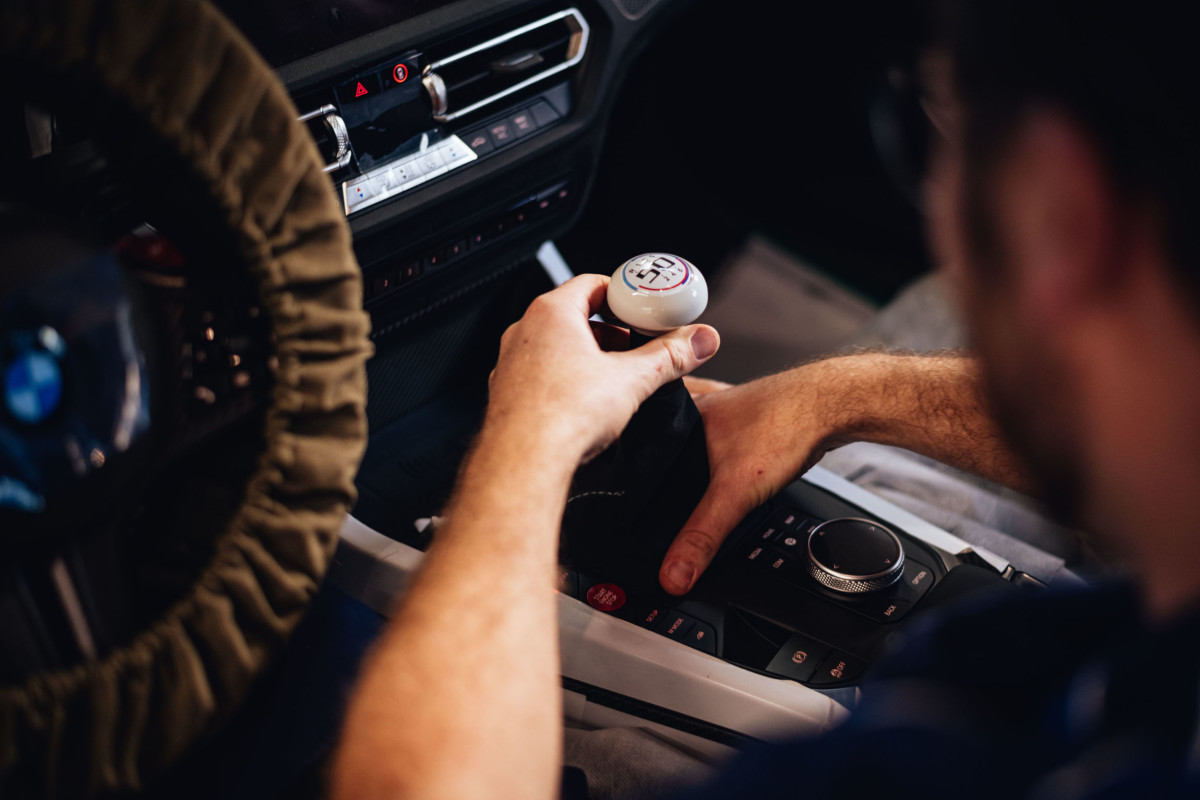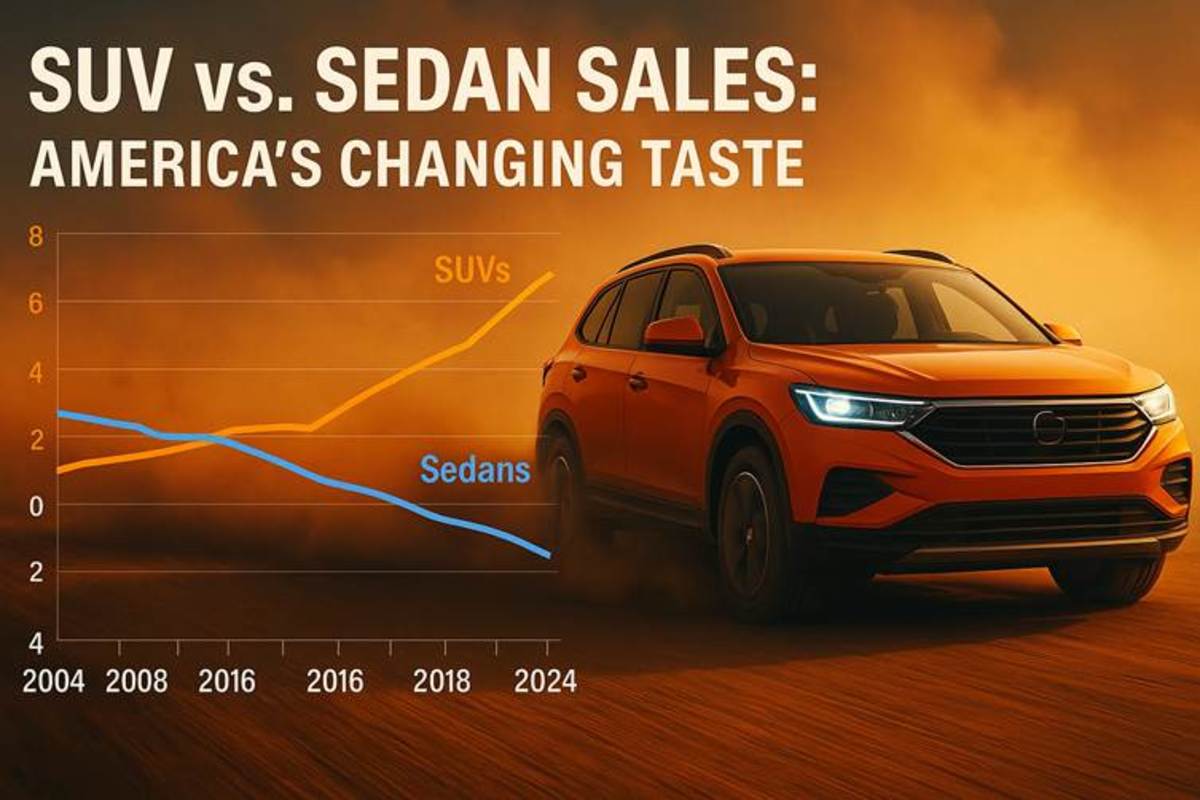Future Mercedes Models Could Be Powered by BMW
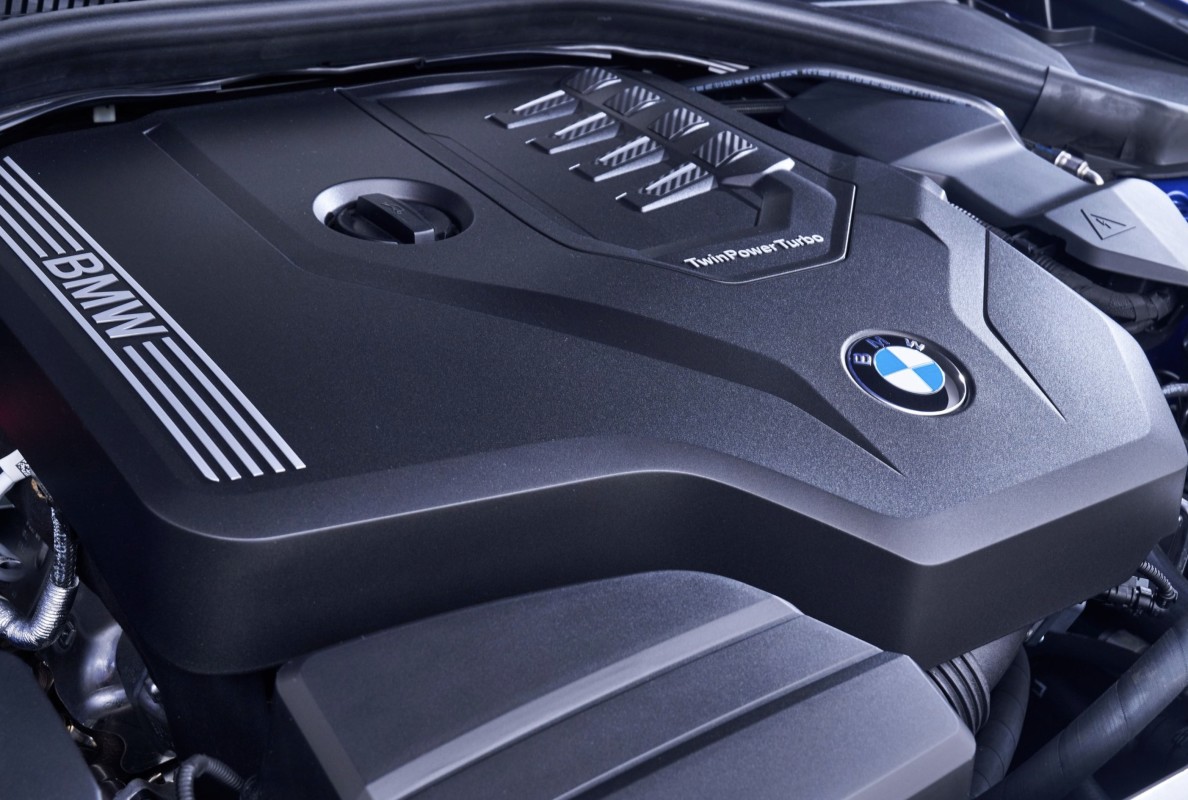
Talks between the brands allegedly started almost a year ago
Watching certain automotive brands join forces is a bit like witnessing a doubles tennis match between traditionally singles players, where bitter rivals could find themselves on the same side of the net, rather than competing against each other. Well, the Novak Djokovic and Rafael Nadal of the automotive world could soon come together: A new report suggests that future Mercedes-Benz models could use BMW engines, if ongoing talks between the two brands prove successful.
The groundbreaking alliance would be one of the most unexpected automotive collabs, but it wouldn’t be the first time two unlikely brands teamed up.
Four-Cylinder BMW Engines Of Initial Interest To Mercedes
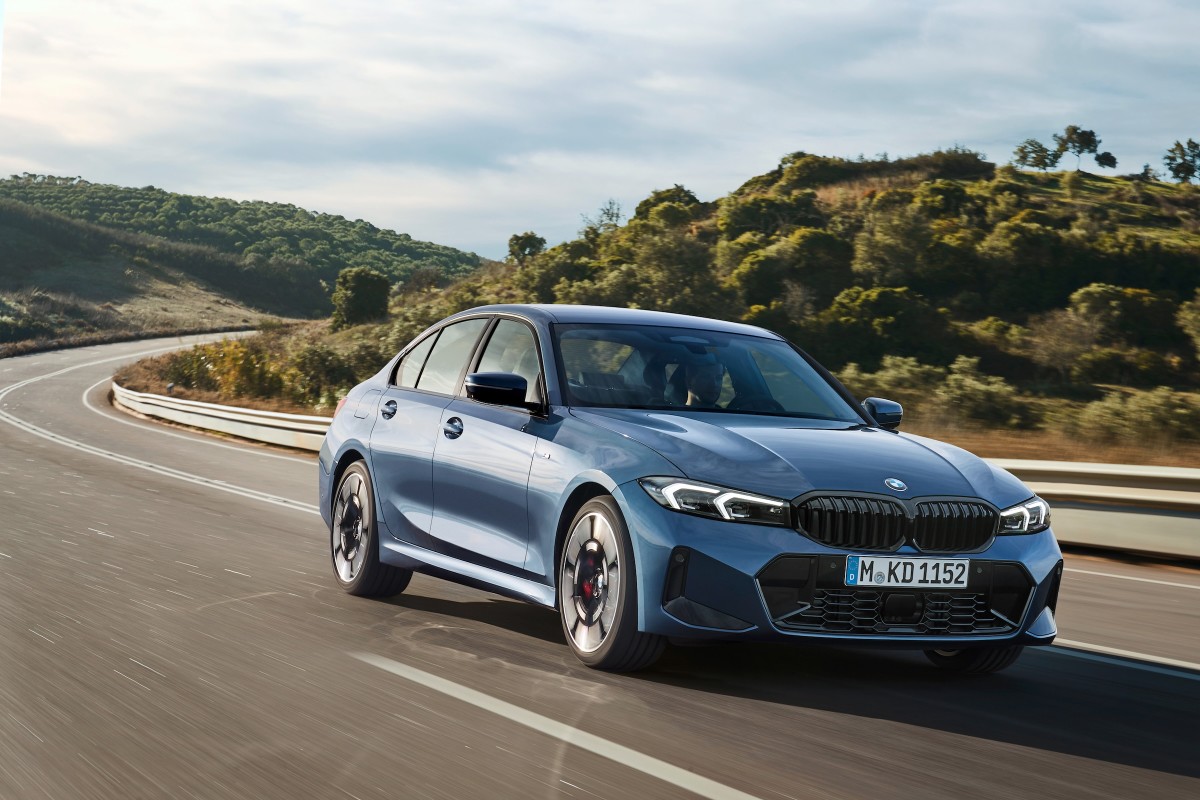
BMW
With talks ongoing, it’s not known what the scope of the collaboration would be, but BMW’s gas B48 and diesel B47 four-cylinder engines could be the first ones to be used in Mercedes models, according to a report by German magazine, Manager Magazin.
It’s not clear what Mercedes models these engines could be used in, but the turbocharged B48 is used in everything from the 1 Series to the X3. Its outputs suggest it will work for smaller Mercedes models like the A-Class and GLA. It’s hard to imagine that BMW’s more famous high-performance engines would be shared with Mercedes, such as the BMW M3’s six-cylinder S58.
The potential deal would help Mercedes as it slows its approach to widespread EV adoption, while there would be obvious cost savings for both brands. Mercedes also needs more engines for a new generation of plug-in hybrids, and the B48 could serve as the foundation for such a powertrain.
According to the report, Mercedes CEO Ola Källenius first discussed this possibility with BMW CEO Oliver Zipse almost a year ago. BMW could start supplying Mercedes with engines as soon as 2027, while joint production in the U.S. is also being considered as a way to mitigate tariff costs.
Strange Automotive Collaborations Are Nothing New

The fierce rivalry between BMW and Mercedes is what makes this potential collab so interesting. Besides that, sharing something as major as an engine for two brands that pride themselves on distinctive—and often, disparate—driving experiences is another major move, and a lot more significant than the two brands’ plans a few years ago to pursue automated driving technologies together.
But this BMW-Mercedes project would not be the first one of its kind to shock the industry. There have been many others, such as the Mercedes-Benz 500E W124, a super sedan that had to be redesigned by Porsche to accommodate the SL’s large V8.
There was also the record-breaking McLaren F1, one of the fastest naturally-aspirated cars ever, which was equipped with a BMW V12. And we don’t need to remind you that today’s Toyota GR Supra has a BMW engine.
Mercedes itself also lent its engines to brands you wouldn’t typically associate with German precision. Remember the oddball Chrysler Crossfire? It’s basically a first-generation Mercedes SLK under the skin.
As long as we don’t end up in a world where the BMW M5 and Mercedes-AMG E63 AMG have exactly the same engine, and where the distinctive driving characteristics of these brands become too intertwined, the BMW-Mercedes collaboration could ultimately benefit both brands.
What's Your Reaction?
 Like
0
Like
0
 Dislike
0
Dislike
0
 Love
0
Love
0
 Funny
0
Funny
0
 Angry
0
Angry
0
 Sad
0
Sad
0
 Wow
0
Wow
0
